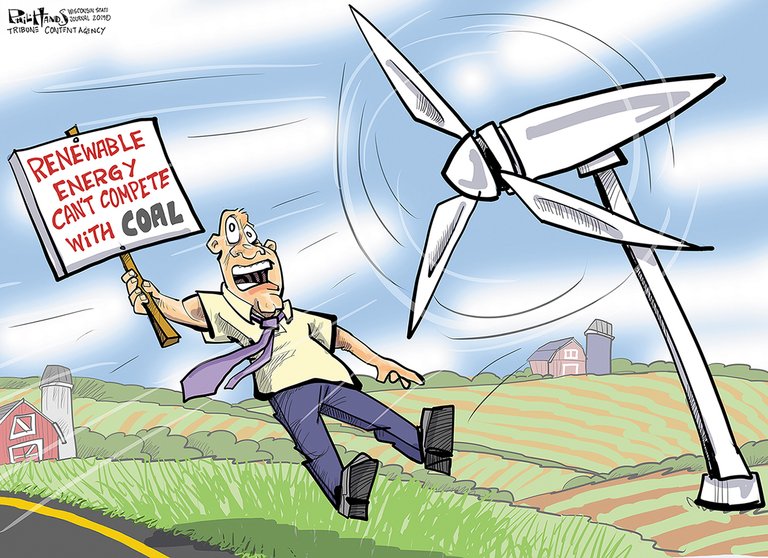Machiavelli Effect and Price of Power
Machiavelli Effect and Price of Power
When Dr. J. Storrs Hall began speaking about the Machiavelli Effect I immediately began to think of when people say, “oh you don't want to be on a flight with the scientist who cured cancer,” or “if you find yourself on a boat with 3 nobel prize winners you should probably get off.” Although some may take this as a joke because time and time again we have witnessed “absurd” plane crashes or “shocking” boat capsizes where suddenly days later it is revealed that a notable person was on board, it more so reveals our societal acceptance of the Machiavelli Effect. In recent years I have begun to attribute much of society's lack of innovation to an increase of fear of accomplishment, and as much as one can point to this belief being a conspiracy theory I do believe it is tied to the last few weeks concepts of decentralization of power and cronyism. As larger corporations begin to blend more seamlessly in with politicians and shell out larger portions of cash for vital monopolistic policy to be passed, innovation comes to a halt as large corporations are able to deal the cards in their favor through policy placed to limit innovations which would make their products or services obsolete. These pieces of disruptive policy that are always promoted as “economically beneficial” protect nothing more than continual government power and with it the promise of continued success for large corporate entities. Just as Dr. J. Storrs Hall pointed out in this lecture, the question at hand lies not within the viability of the creation of flying cars or the value of flying cars as we currently possess the knowledge, resources, and ability to produce these valuable products. The real thing standing in our way of achieving grand innovative success is the continual societal acceptance of governmental regulation that spans across all facets of our dream of “flying cars.” As these regulations seek to control: safety inspections, access to organic energy materials, land for infrastructure, scientific exploratory grants, licensing, and many more aspects of these flying cars, the possibility of ever seeing these vehicles in our lifetime begins to dwindle.
Even Though notable people such as Dr. Hall warns us about the adverse effects of the Machiavelli Effect on society; it is not as simple to combat as one may at first perceive. Primarily, as Dr. Hall discussed we have seen a great overall increase in ergophobia, the general intense fear of workplace environments or work itself, which I believe only increased due to offices being moved to home during the COVID-19 pandemic. Since ergophobia is rampant in society we have let this fear of work consume us allowing us to become more complacent with our roles in society which further allows us to accept all forms of legislation regardless of their impact. Furthermore, there has been a large push for environmental reform especially since 1962 with the publication of, Silent Spring, by Rachel Carson. Although environmental reform is greatly important as the well being of our habitat plays a large role in the outcome of our society, we have all moved to accept any piece of legislation that has been proposed as “environmental regulation” with the widely accepted belief that it will help us reverse the course of our climate impact. Large energy company executives have been known to engage in crony behavior with politicians in order to continue to regulate the price of our limited energy resources. This is why there has been relatively little development in regards to sustainable energy infrastructure or alternative energy research as the development of alternative energy forms, such as those that could be used to power electric cars, would hinder the monopolistic ability of previously established large energy companies. This is why it is nearly impossible to combat the Machiavelli Effect as we have gained comfortability in complacency which has led us to accept whatever information is fed to us by those in power, allowing those with previously established power to have great influence in the outcome of society.
Lastly, I was further shocked to hear Bill Gates's opinion that, “if you could pick one thing to lower the price of to reduce poverty by far you would pick energy.” I have never considered the fact that energy has such a strong hold on society so much so that lowering the cost of energy could have the potential to decrease the overall poverty levels in society. We have been so convinced through governmental organizations and socially promoted philanthropies that the best way to combat poverty is through the continual donation of money, food, and clothing that we have never taken the time to consider what is truly leading to the ever increasing poverty in society.
